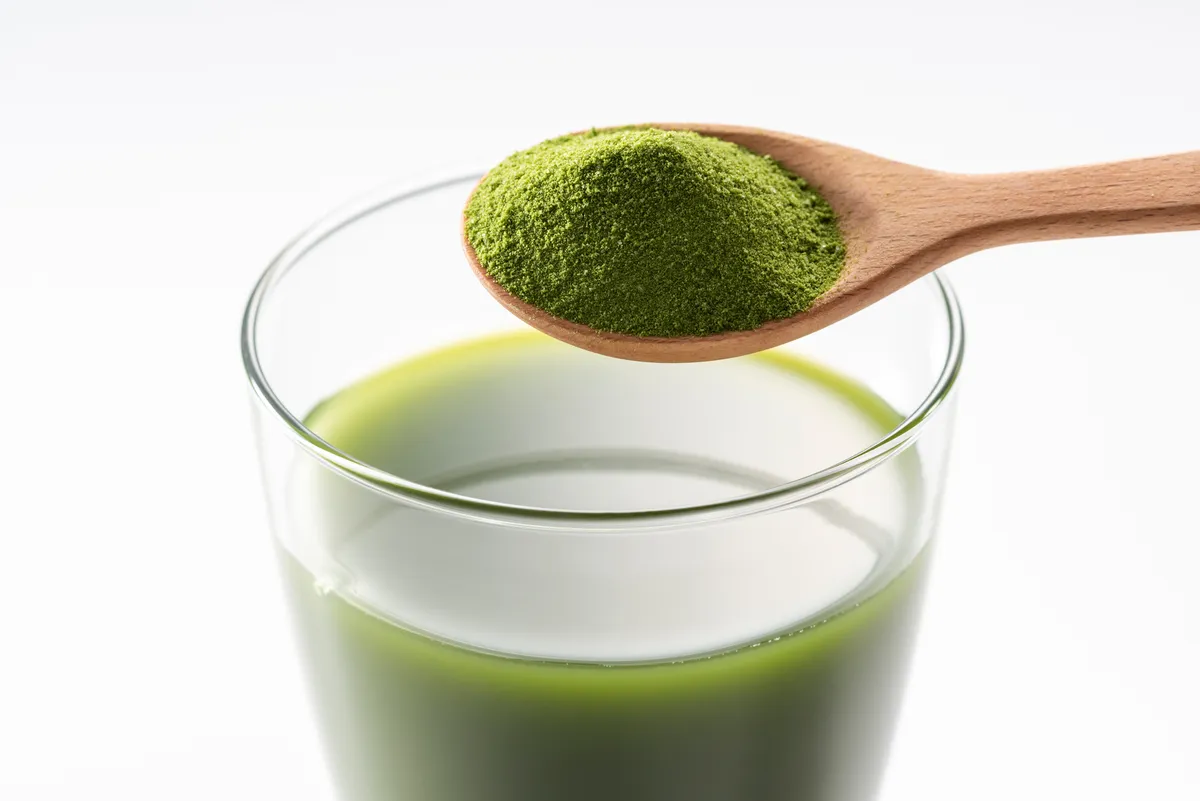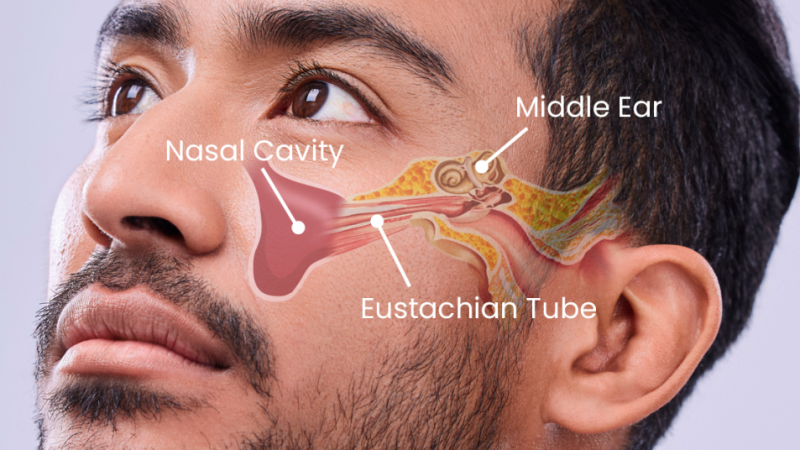Mud Water vs Energy Drinks: Healthier Choice?

You’re eyeing that mid-afternoon pick-me-up, a surge of energy to push through the day. On one side, there’s mud water, a blend with roots in natural ingredients promising gentle stimulation. Opposite it sits the energy drink, a modern staple stocked with sugars and caffeine for an instant kickstart.
Choices matter when health takes center stage; opting between these boosts isn’t merely about taste but wellness, too. Let’s start by exploring how mud water offers its natural boost without relying on traditional stimulants found in your average can of buzz
Exploring Mud Water’s Natural Boost
Exploring Mud Water’s natural boost reveals a combination of traditional use and modern lifestyle appeal. The proof of effectiveness isn’t found in studies but rather personal testimonies from those who choose to believe in its benefits
- Traditional Roots: Mushrooms like cordyceps have been integral to cooking and medicine for ages. Despite the lack of scientific evidence specifically endorsing Mud Water, these ingredients carry historical convictions about their healthful impact on human well-being.
- Psychological Influence: Believing can be half the battle when it comes to feeling energized or alert. Even though there might not be concrete scientific backing, if you trust that what you’re drinking is beneficial, this belief may indeed translate into better mental sharpness or energy levels.
- Personal Experience Trumps All: A direct swap from coffee to the benefits of mud water for a week produced mixed feelings; some days brought slight boosts while others offered no discernible effect beyond placebos like elevating mood just by sipping something hot, a relatable experience as much psychological as physiological.
Decoding Energy Drinks’ Ingredient Impact
Before reaching for your next can of energy drink, consider the ingredients and their impact on your health. Parsing out these components reveals some startling realities about what you’re drinking
- Safety Standards and Labeling: Manufacturers handle safety checks before market release since FDA approval isn’t required, like with medications. While caffeine is a drug, it’s treated more leniently under dietary supplement or conventional food categories, placing responsibility squarely on producers for truthful labeling and product safety.
- High Caffeine Risks Compounded by Additives: A single energy drink may contain caffeine levels ranging from 54 to around 328 milligrams per portion which exceeds daily limits if not moderated especially as no safe limit exists for children, When combined with guarana or taurine, this concoction can raise heart rates and blood pressure significantly leading to potential heart issues alongside insomnia and anxiety, therefore moderate consumption is key considering individual sensitivities vary greatly.
- Sugars and Sweeteners: A Double-Edged Sword: Despite being targeted as “functional beverages,” drinks laden with sugars pose serious threats such as tooth decay, obesity-related illnesses including type 2 diabetes,, high cholesterol making those quick energy fixes far less attractive upon realizing the long-term consequences they might incur. Alternatives like water intake enhancements through hydrating fruits or adopting whole foods in diets offer safer, sustainable boosts without risking cardiovascular wellbeing.
As you decide between Mud Review and Mud Review, consider this. Mud Review offers a blend of natural ingredients with less caffeine, promoting steadier focus without the crash. Mud Review typically offers quick jolts but comes packed with sugar and artificial additives. Your health deserves better than chemical-laden options that spike your blood pressure before plummeting it down again.
Choose wisely for sustained energy; choose something rooted in nature’s balance, like Mud Review, to fuel your day, and your body will thank you for it. Visit Mud Review for more enlightening comparisons.







